Bird of the year: The kākāpō has been banned from the competition
- Published
- comments
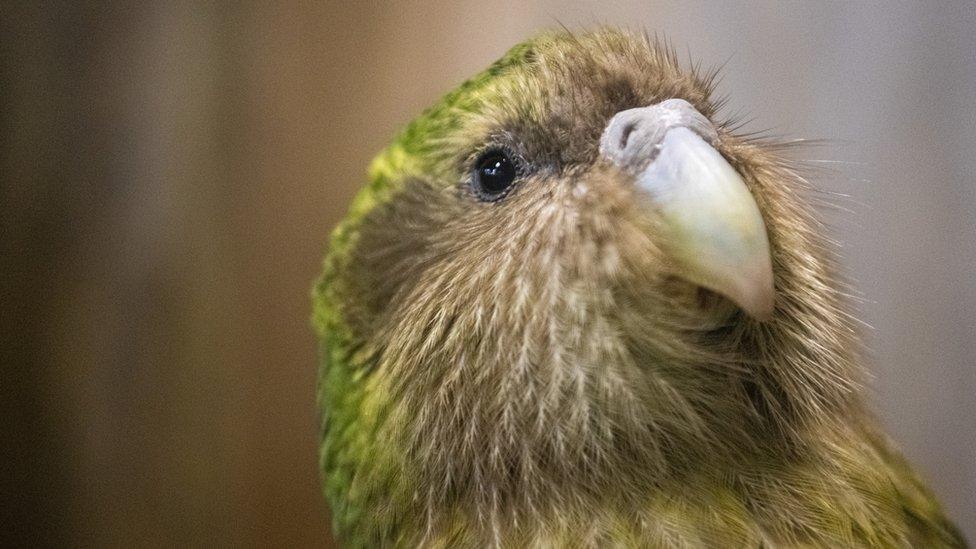
The kākāpō population has risen to over 250 which is the most there has been in New Zealand for almost 50 years!
Fans of New Zealand's annual bird of the year competition are not "emu-sed" after one of the favourites has been banned from competing.
People around the world won't be able to vote for the kākāpō - otherwise known as the world's fattest parrot - in a move which has ruffled some feathers!
It's the only bird to have won the competition twice - once in 2008 and again in 2020.
Competition bosses say there's no "fowl-play" but they're worried the parrot could continue flying high over other entries in the competition.
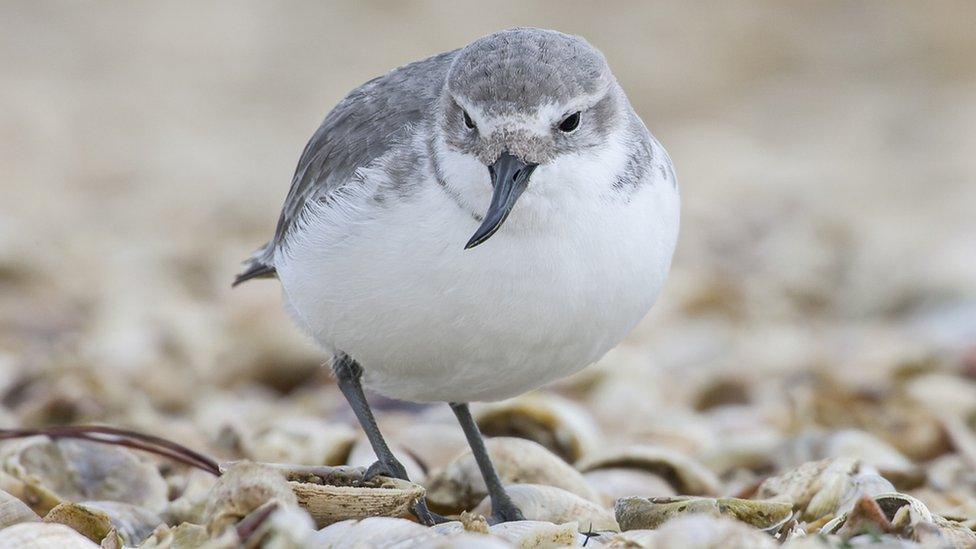
The Wrybill is among this year's 'underbirds' - a group of birds who usually get very few votes in the competition.
The kākāpō has not been banned for good though.
The organisers say they hope other birds which may be overshadowed by their "flashier or louder cousins" will receive some love from voters instead.
They're calling these types of birds the 'underbirds', and are encouraging people to include at least one of them in their five votes.
A spokesperson for Forest & Bird - the organisation who runs the competition - also said it might not be so interesting if the same birds keep winning every year!
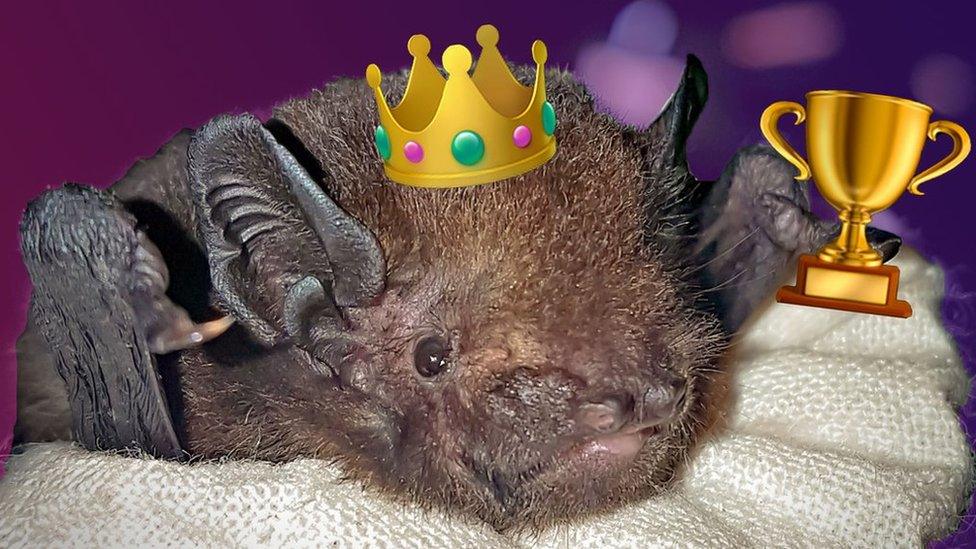
It's not the first time the bird of the year contest has been in the spotlight.
Last year, a bat was crowned the winner after more than 7,000 people voted for the pekapeka-tou-roa, or long-tailed bat to swoop in to first place.
The decision to include a bat in the competition did cause a bit of controversy, and some people were unhappy about it, saying the country had gone "batty" and that the competition was a "total farce".
But Forest & Bird said: "These flying furballs are threatened by the same problems as our native birds - predators, habitat loss and climate change. The more we do to protect them, the more it helps their feathered friends."
That's exactly why the competition was set up - to help raise awareness of New Zealand's native wildlife and the threats they face as many species of animal there are in danger of becoming extinct.
What do you think of the decision and who will you be voting for? Let us know in the comments!
- Published2 November 2021
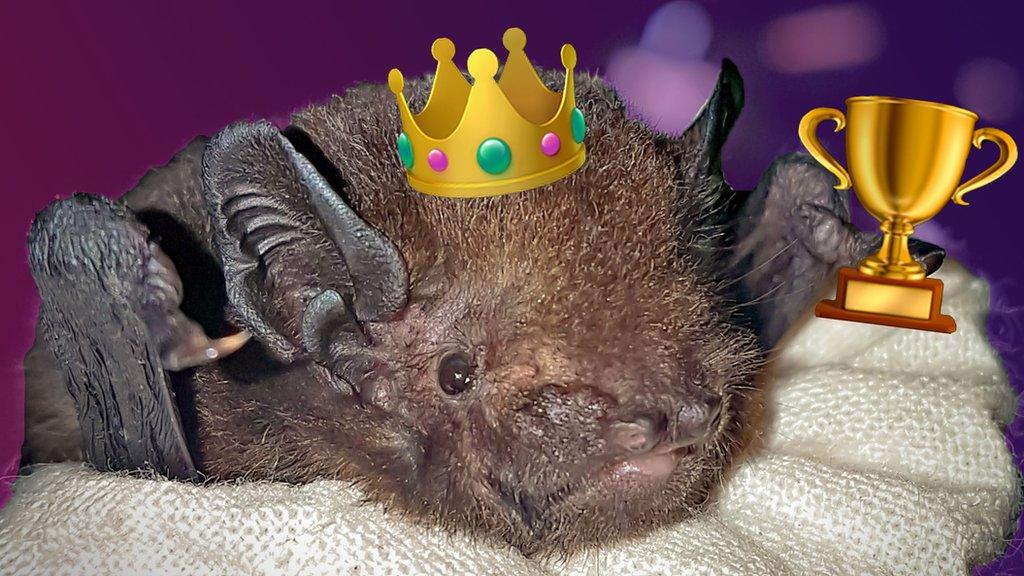
- Published12 October 2022
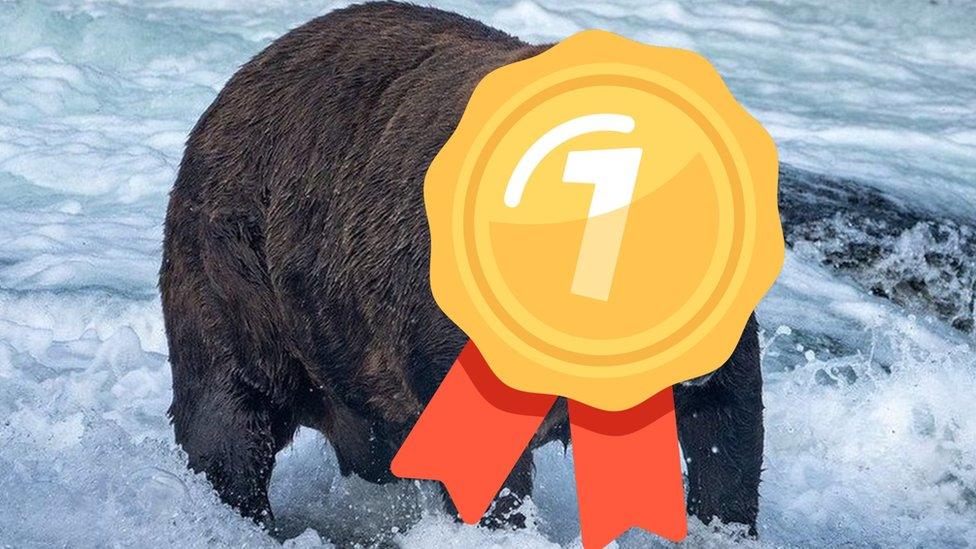
- Published11 October 2022
